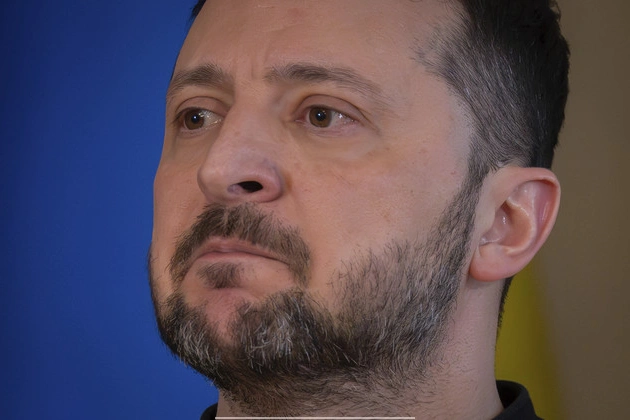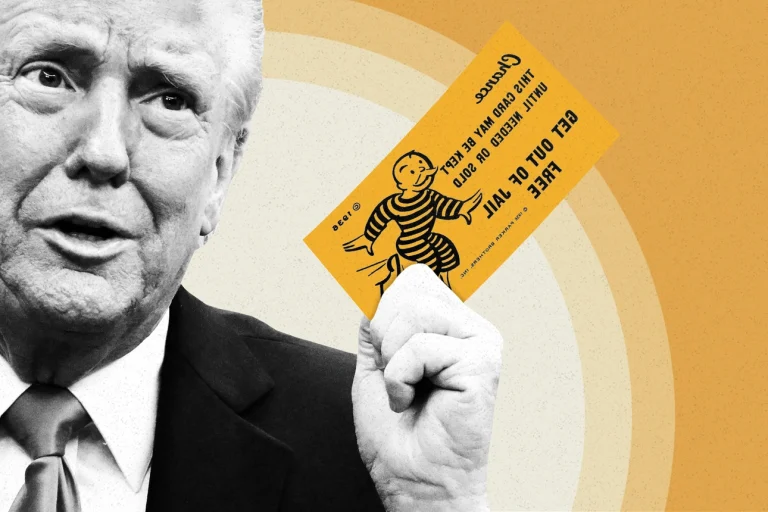
Biden's Decision to Commute Federal Death Row Sentences
President Joe Biden is making a historic move by commuting the sentences of nearly all prisoners on the federal government’s death row. This sweeping decision aims to impede President-elect Donald Trump’s ability to resume executions swiftly.
Biden’s action will commute the sentences of 37 out of the 40 men facing death sentences, marking the second mass clemency within weeks following the pardon granted to his son, Hunter Biden.
The Rationale Behind Biden’s Decision
The president justified these death row commutations by redirecting the condemned individuals to life imprisonment without the chance of parole. This aligns with his administration’s current moratorium on executions.
Expressing his moral stance, Biden stated, “Make no mistake: I condemn these murderers, grieve for the victims of their despicable acts, and ache for all the families who have suffered unimaginable and irreparable loss.”
Driven by his legal background and extensive public service experience, Biden emphasized the need to halt federal-level executions. He cited his roles as a public defender, Senate Judiciary Committee chairman, Vice President, and now President as reinforcing his conviction against the death penalty.
Trump’s Influence on Biden’s Decision
Biden also attributed these commutations to Trump’s advocacy for capital punishment. He sought to prevent the incoming administration from resuming executions for individuals spared during Trump’s tenure.
During Trump’s presidency, thirteen federal inmates were executed, with Trump actively pursuing legal avenues, including the Supreme Court, to thwart their appeals.
Notably, Biden’s commutations exclude three prisoners involved in acts characterized as terrorism or hate-motivated mass murder. These individuals include Dzhokhar Tsarnaev, Robert Bowers, and Dylann Roof.
Broader Implications and Challenges
Despite this federal-level decision, many individuals remain on death row at the state level, significantly outnumbering federal cases. The Death Penalty Information Center reports a substantial number of individuals in the U.S. facing or serving death sentences.
Biden’s choice to commute these sentences follows a recommendation from the Justice Department and mounting pressure from various advocacy groups. While his administration has yet to fully act on his campaign promise to abolish the death penalty, it has halted executions and conducted a comprehensive review of capital punishment.
Furthermore, Biden’s recent clemency actions have stirred controversy, particularly the mass commutation of nonviolent offenders. Criticism from both sides of the political spectrum underscores the complex nature of these decisions.
Looking Ahead
Biden’s decision to commute federal death row sentences represents a significant departure from previous administrations’ stances on capital punishment. As he reviews additional pardons and commutations, the nation awaits further actions that may redefine the landscape of criminal justice in the United States.















